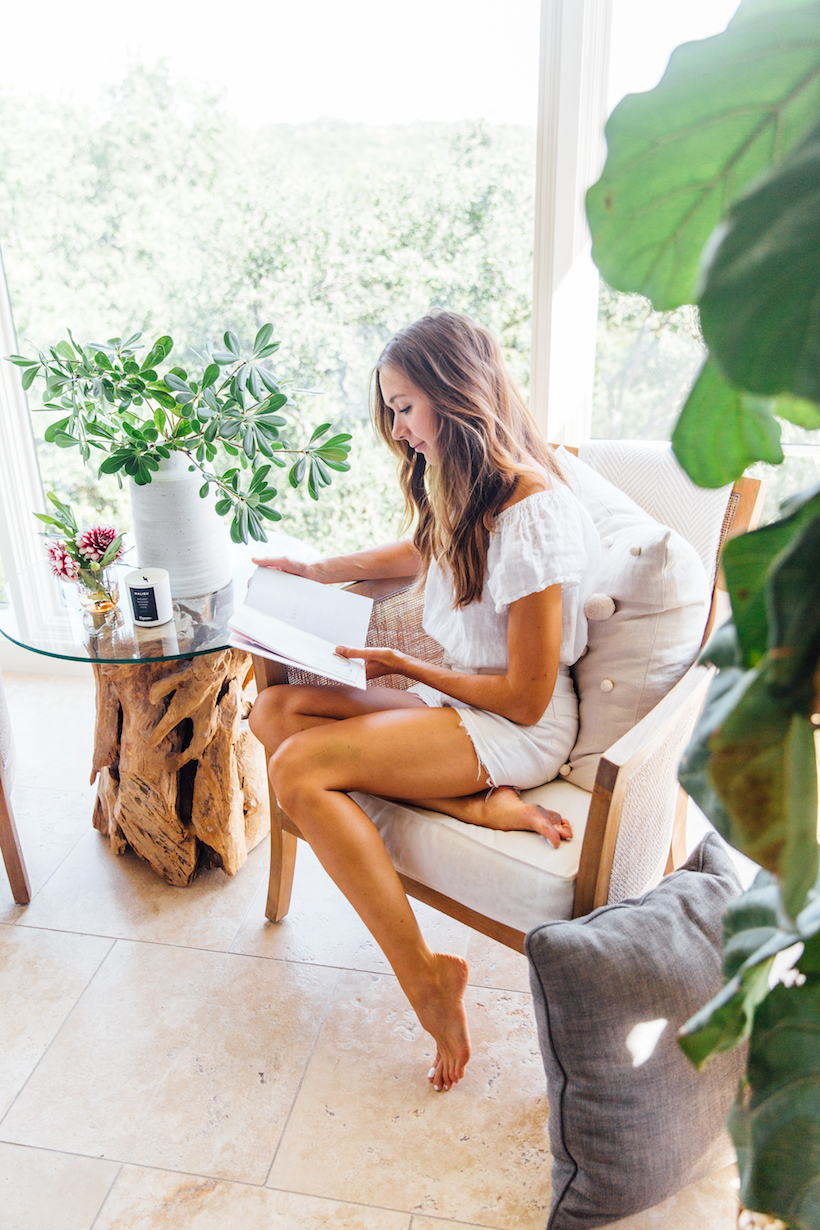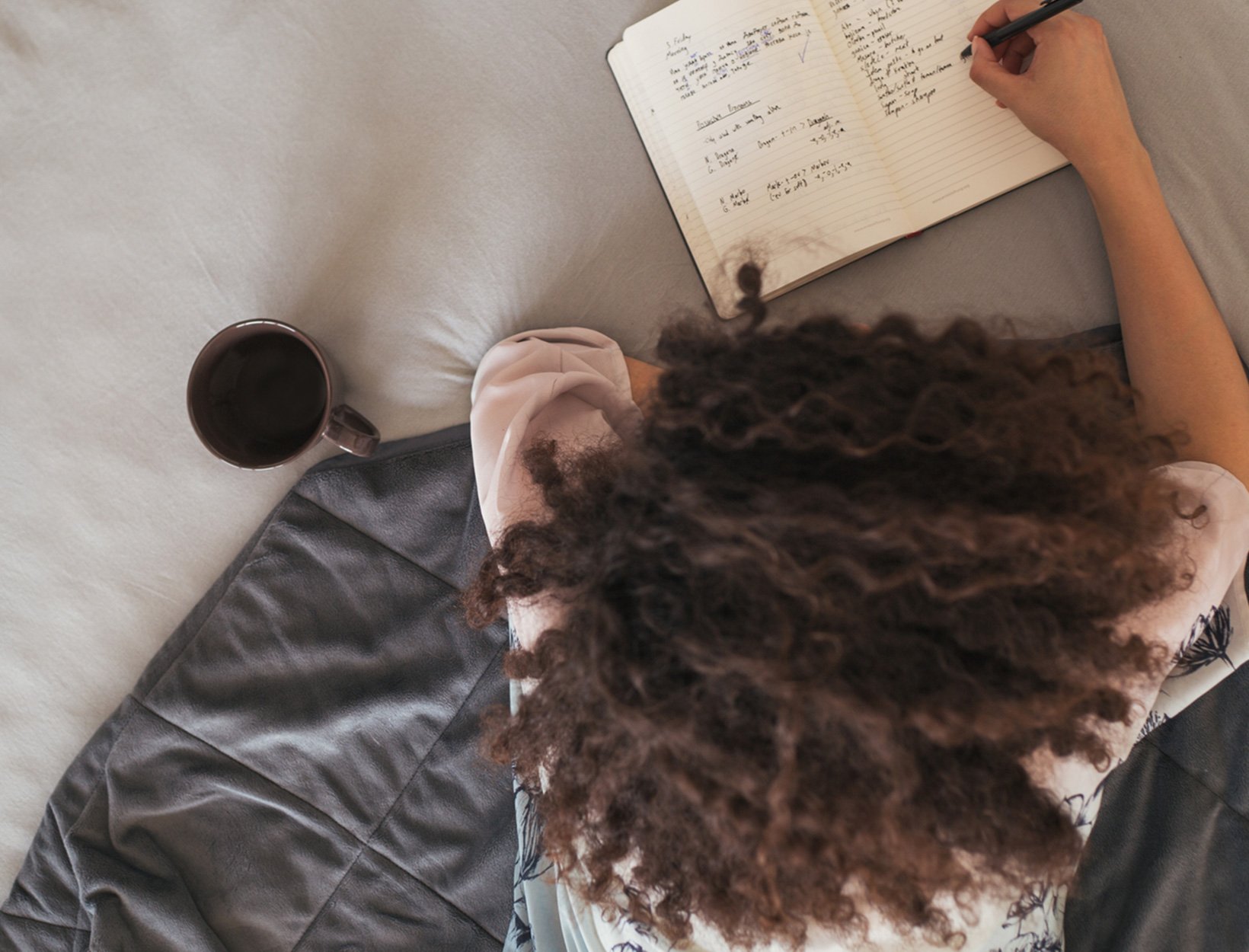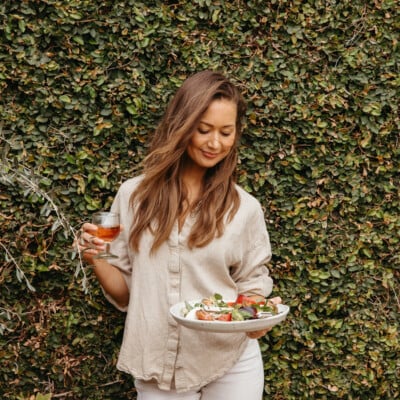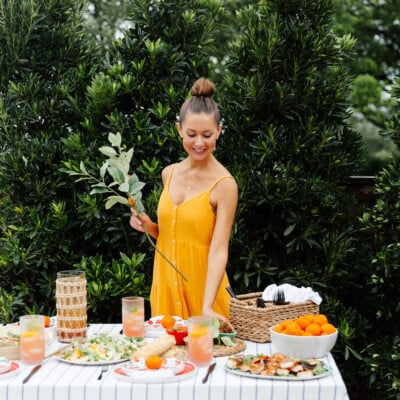I’ve been spending a good amount of my time lately reminding everyone around me (self included) to take a few deep breaths. As life in 2020 tromps on – now set against the “new normal” backdrop of a worldwide pandemic – we are certainly swimming in uncharted waters. Consider this your loving reminder that although life moves on around us each day, it’s normal to feel grief, fear, anxiety, confusion, and even anger (some days I’ve hit each of these feelings in just 24 hours!)
With COVID-19 cases rising in much of the US as I write this, it doesn’t look as though we’ll be leaving this all behind us any time soon. I know – heavy sigh – you may feel the urge to click away right now; this is big yucky stuff. But instead of turning our attention to something else, let’s dig into the current realities.
Now that the novelty of WFH and neighborhood wine-in-hand walks have worn off, and we’re all bored and stir crazy… what is the near future going to look like?
We’ve got to be willing to look in the mirror and find our own inner peace with this new way of life. None of us wanted or asked for it, but if we choose to ignore it, we’ll pay the consequences.
Here are some tips on how to shape-shift in this tricky new reality with sanity, safety, and some clear cut boundaries.
Resist the Urge to “Do it All”
As the quarantine and pandemic buzz began in March, the abounding positivity surrounding “how much we can all get done that we never had time to do before” that flew across the internet was quite astounding. People were (and probably still are) learning new languages, becoming sourdough chefs, honing their cooking skills to those of top chefs and sewing quilts for the bed of every person in a whole darn nursing home. If filling your time with activities like this feels rewarding and fulfilling (not draining) – obviously – do you. But if you’re sitting back after a long day of remote work, oh and perhaps also homeschooling kids, plus the day-to-day responsibilities of life in general with the added bonus of just trying to process what’s going on in the world – you’re actually doing plenty folks.
Be gentle with yourself, and guard your spare time.
Scrolling through social media and comparing your “productivity,” “creativity,” and space for “projects” in 2020 just isn’t actually necessary. We have got enough going on. Honestly, learning how to navigate these weird times should be your focus if you haven’t got that down yet. Many people may actually need more downtime and self care to combat the high stress we’re all feeling (skip down to read more on that), rather than jam packing our time with toxic productivity to stay busy or putting pressure on ourselves to always do more.
Not giving ourselves times to rest, process and cope with the current crises could actually be an unhealthy coping mechanism that steers us away from accepting what is happening in the world.
This isn’t one size fits all, but remember that just because the 2020 sourdough band wagon has pulled up doesn’t mean you have to hop on it. You’re also alright just getting by.
Boundaries are Huge
Finding your way when it comes to boundaries is a worthy accomplishment all on its own. Covid is now asking us to also tactfully translate those boundaries to loved ones, coworkers and community members who may have quite different views and perspectives – and that’s tricky territory with a capital T.
Setting boundaries and respecting those of others, without taking their views personally, needs to be top priority in these times.
Most importantly, do not forget: if you decline an invitation, outing, or trip that you don’t feel comfortable with, you are not rude or unkind. And neither is the person who may decline your invitation. As we all work through what works for each of us, it’s imperative that we bring kindness, gentleness, and understanding to the table.
While I encourage reserving judgement, that doesn’t mean that this summer is business as usual. It’s also imperative – in order for us to ever return to some type of normal – to avoid large gatherings, say no to group events, unnecessary travel, and vacations.
The Big No’s and How to Navigate (with science as a guide)
Here are some tips on how to say no when you want to say yes, but know you shouldn’t. It’s not easy or fun, but it’s important. The old adage couldn’t apply more: good things come to those who wait. Or in this case, to the whole country who waits. So let’s do this.
Outings & Events
The number one question I find myself asking in these situations is, “Is it worth it?” The data is pretty clear: we shouldn’t be traveling unnecessarily, especially by plane, or across many states, into large groups, to parties, gatherings, on vacations, or out with groups of people whom we can not socially distance from. Sigh – it’s not fun you guys but it’s real. Each person you expose yourself to in turn exposes you to an entire host of many more people’s germs whom they have been exposed to. It’s a massive domino effect.
A few tips for how to frame what’s okay and what’s not:
Open space, outside, small groups, and mask wearing anytime you’re inside are the main safety factors to prioritize.
If it’s some kind of party inside, a dinner inside or an event with a large invite list – it’s likely not safe. A picnic with a few friends in a park with blankets spaced apart and everyone brings their own food? Likely much more safe. Catch my drift? There are ways to get creative in order to safely fill your need for connection. I really liked this New York Times article on the safety of outdoors vs. indoor events.
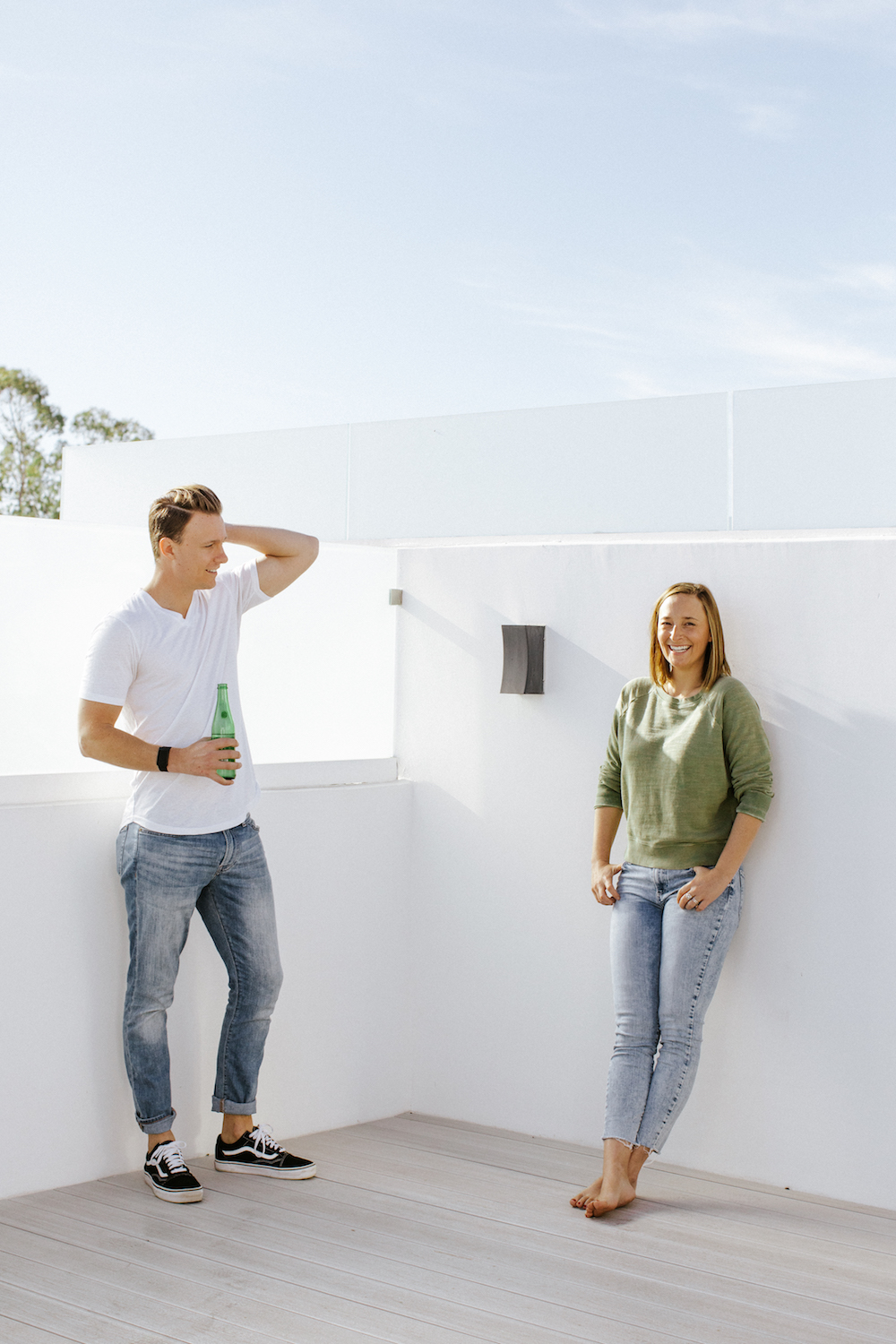
Personal space
I personally have a hard time not reciprocating things like a simple handshake, a hug from someone outside my circle, or a close talker. I’ve gone running to the bathroom for a hand wash after an awkward coronavirus handshake from a stranger more than once in the past few months (anyone else?!)
These kinds of new and unnatural avoidances are a matter of retraining our brains and finding the right words and gestures to substitute these societally ingrained habits. Mirroring and reflecting the kind of behavior you would like displayed back to you is a good trick. If you need more space from someone – just obviously take a large step back. It’s not rude – it’s necessary and it signals to the person you’re conversing with as a gentle reminder to create safe distance. no words necessary. You don’t have to break eye contact or say anything. Just create space. In regards to handshakes and hugs, if someone is coming in for one, the trick I’ve been using the most is simply clasping my hands in front of my chest, giving a warm loving smile (because then your eyes smile over your mask too) and express how happy you are to meet the person (while also taking a step back if needed.) Chances are that person just needed a gentle reminder.
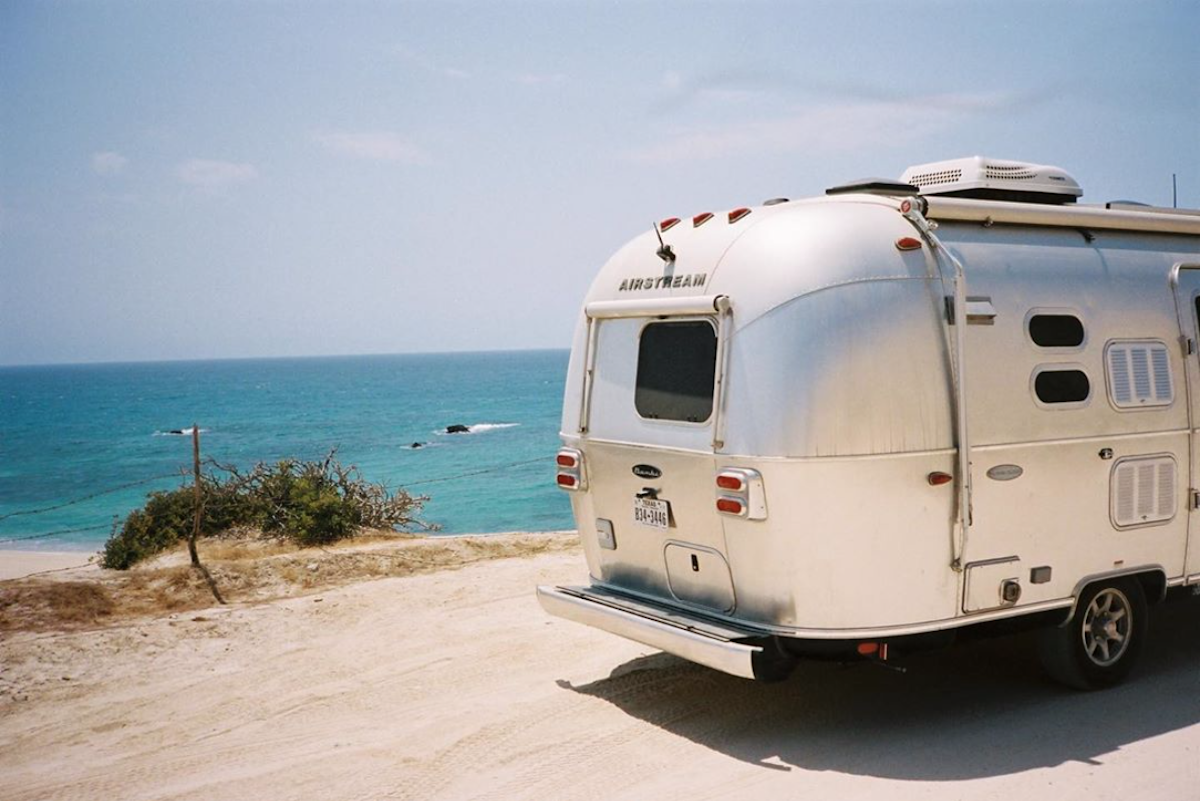
Visitors
One of the most heart breaking effects of COVID-19 is how difficult it has become to connect with family and loved ones who live across state lines or in other countries. The issue with flying and COVID-19 is that we know COVID-19 spreads through direct prolonged contact with infected individuals (the exact type of contact you have with individuals on planes), we also know that infected individuals may not show signs they are infected for on average five to six days. Therefore every time someone gets on a plane there’s a reasonable chance they could be sitting next to someone who is infected, doesn’t know it, and then spends a prolonged amount of time exposed to COVID-19 in a small enclosed space.
Yes, the air filters in planes are pretty good these days; yes. some planes are leaving middle seats open; yes, planes are cleaning well. But these measures do not totally negate the risk of exposure. If you plan to accept visitors into your home this summer and beyond, the absolute safest thing to do before you are around people who have flown recently is to ask them to please self isolate and quarantine for two weeks before any close contact. Meaning: can they stay in an airbnb, a camper, a casita, a hotel or another place besides your home until you’re all sure they’re not positive. It may sound extreme, but it is the only way to be 100% sure they have not picked up COVID-19 via traveling and are not asymptomatically spreading it to you before showing signs.
Realistically, this won’t work for most people due to work schedules and increased expenses. But these are the facts around safety, and they’re tough ones. In better news, the good ol’ road trip is making a comeback! Consider asking your visiting guests to pack up the masks and hand sanitizer and drive to you in order to reduce exposure risk and the need to quarantine (Note: due to some state’s regulations for out-of-state visitors, be sure to check on quarantine rules that may be in place.)
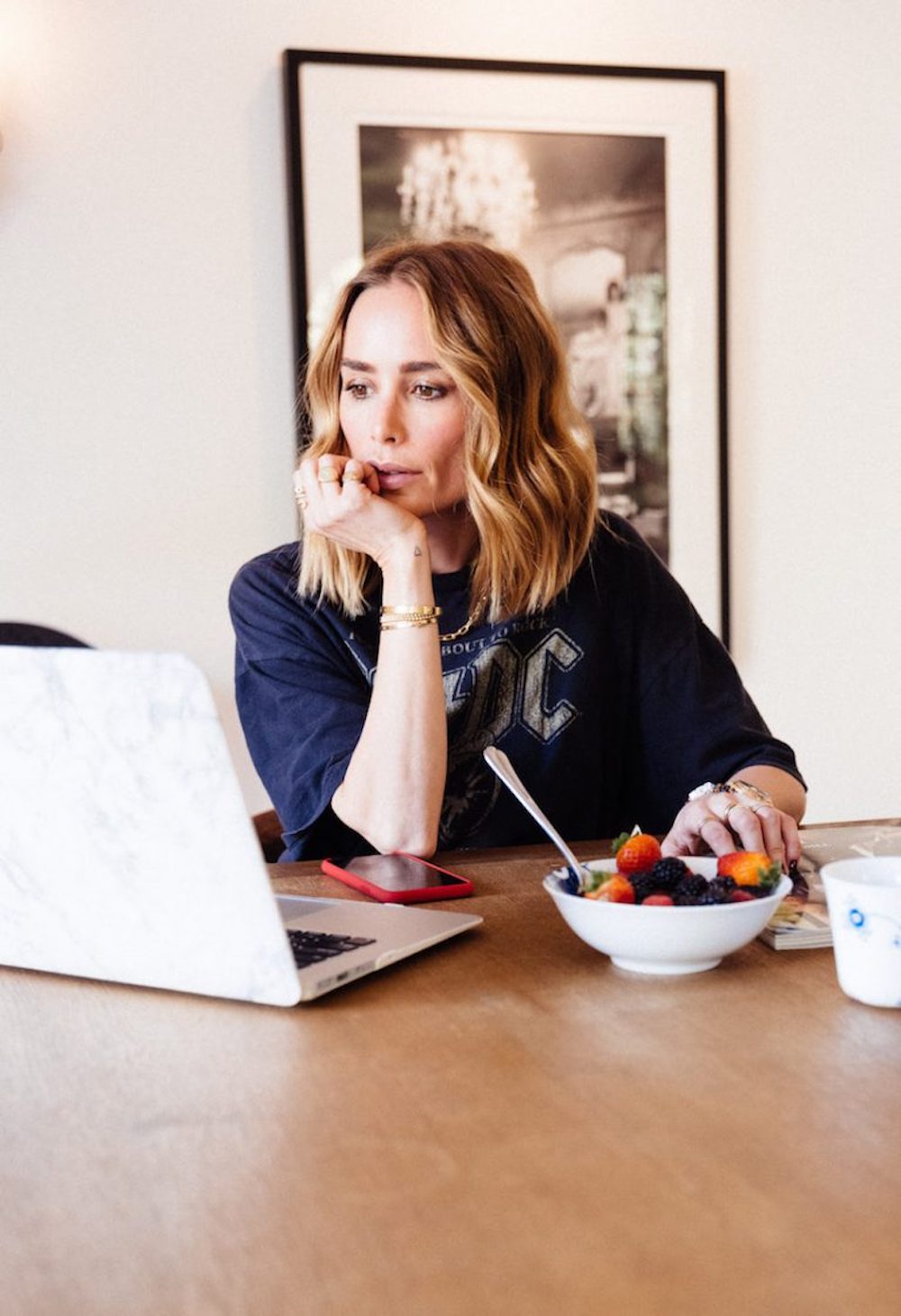
Tools To Help Assess Risk and Guide Decisions
The internet is wild right now, so choose your resources carefully:
Thinking about planning or attending an event? I really like this event planning tool that allows you to adjust the number of people on the left side of the map and choose the area you’re in. It uses public health data to estimate the number of COVID positive individuals who may be present at an event your size. Pretty eye opening.
CDC Guidelines on gatherings and events here.
Details on recommended quarantining after an “exposure” (which also counts as a flight.)
The CDC’s main page for Coronavirus Information.
Harvard Healths Coronavirus Information Page
How to ACTUALLY use a mask correctly (people stop letting your nose hang out – it doesn’t work that way)
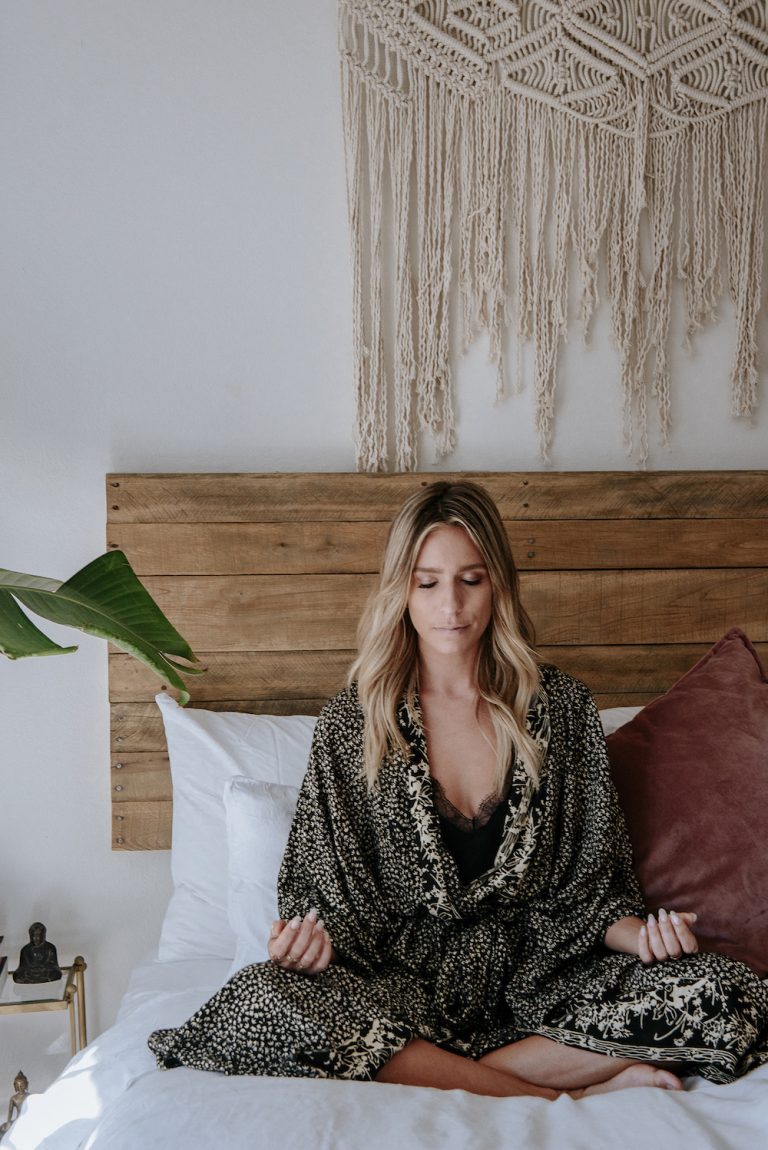
Calm Your Actual Nerves
This situation is stressful, and our bodies and minds are not quite prepared for life this way. As a result, we need to nurture and nourish. Self care is much more than just a buzz word, and it’s more important now than ever. If you’ve been feeling fatigued, stressed, helpless, or a lack of motivation, you’re not alone. The low level stress we experience with the constant influx of intense, constantly changing news and not knowing what to expect with Covid-19 weighs heavier than many of us choose to acknowledge or give credit to. Even though you may be saying “I’m fine,” your body knows if that’s actually not the truth.
When your brain and mind are constantly processing new, scary information, your nervous system must grapple with the effects whether you choose to acknowledge it or not. This plays out in how our larger system functions as a whole.
Play the game with your brain and body, and fight back to find your balance. Breathe, exercise, yummy baths, nature, long walks, picnics with puppies, snuggles with babies – what’s your happy place? Find it and go there often. A few self-care resources to inspire you here, here and here.

